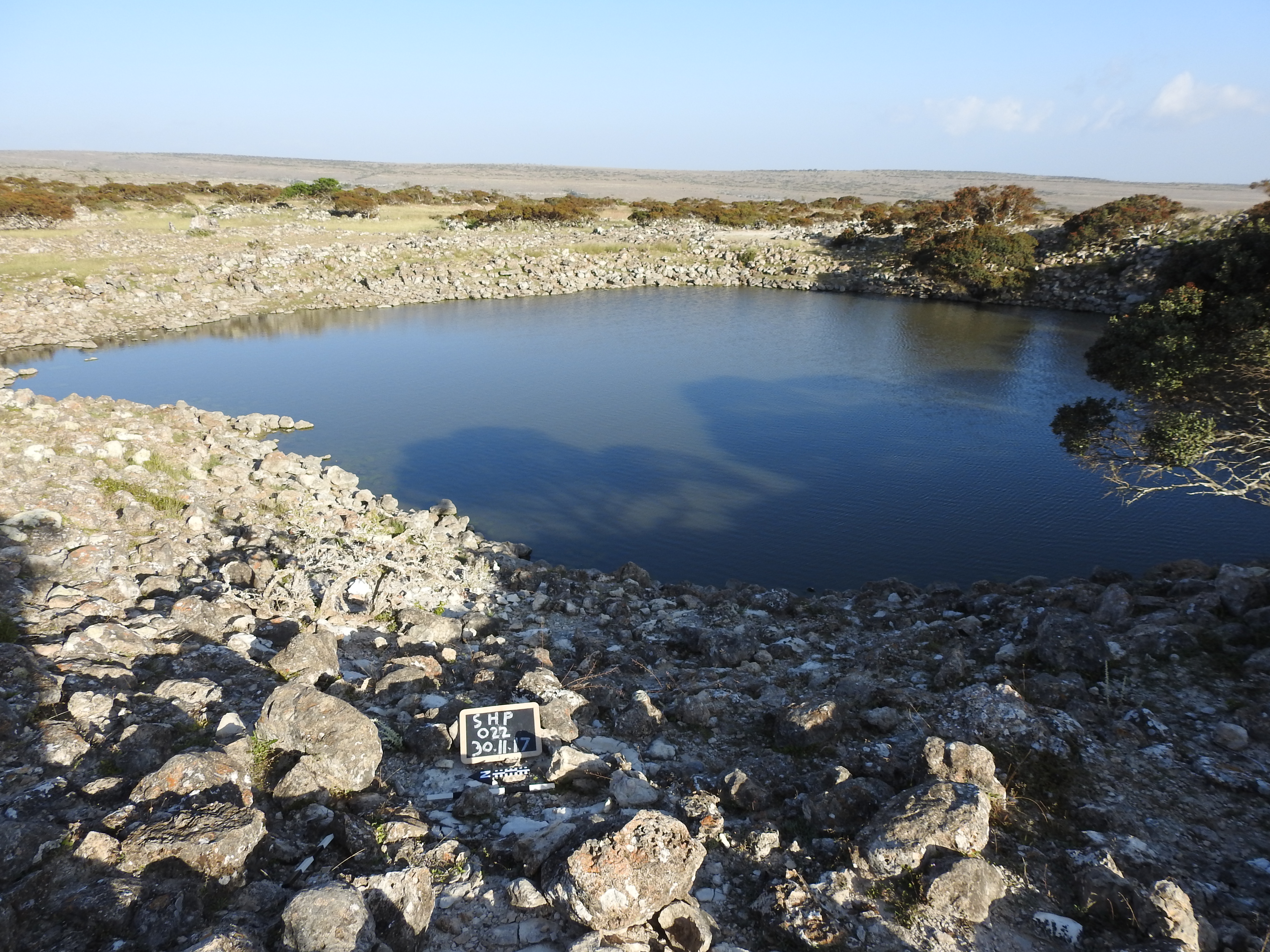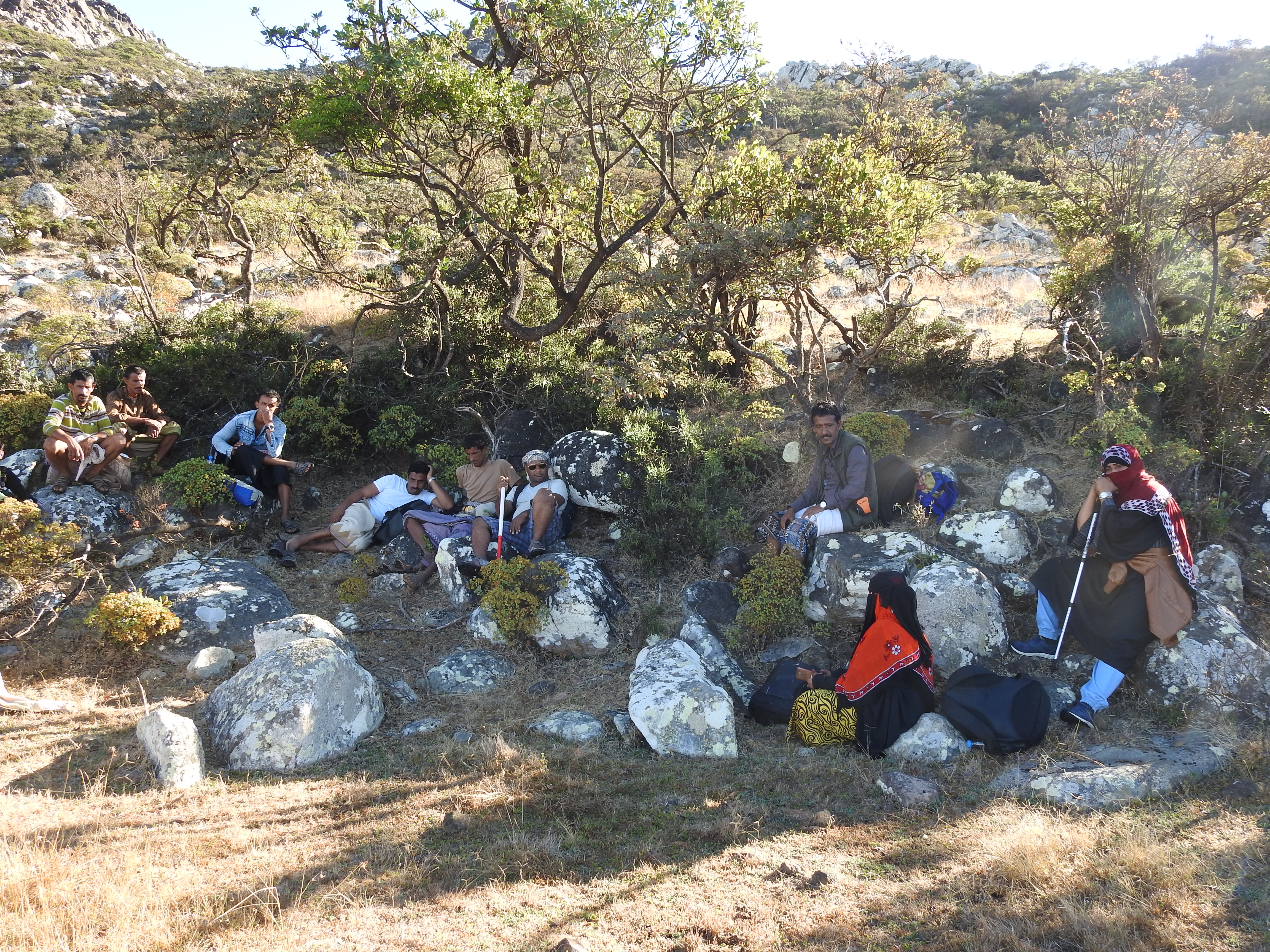


The Soqotra Heritage Project is a coordinated by the Centre for Middle Eastern Plants (part of the Royal Botanic Garden Edinburgh) in cooperation with the Freie Universität Berlin, the Arab Regional Centre for World Heritage (ARC-WH), the Senckenburg Research Institute, the Soqotra Culture and Heritage Association, the Yemeni Environmental Protection Authority, the General Organisation for Antiquities and Museums (GOAM), Carey Tourism (sustainable tourism partner) and Stories as Change (production of visual storytelling and project' films). Additionally, the project benefits from the initial support of the UK Department for Digital, Culture, Media & Sport through the British Council Cultural Protection Fund. Further funds are being acquired for follow on programmes.
The key element of the partnership established for the Soqotra Heritage Project is its interdisciplinary character that brings together different experiences in the field of cultural and natural heritage conservation, including the intangible cultural heritage of Soqotri communities.
The partnership is a fundamental element of the project, which through its interdisciplinary character seeks to enhance the biodiversity focus through increasing knowledge about the not yet fully explored cultural heritage of the Soqotra Archipelago.
The Soqotra Heritage Project is possible through the financial support of the UK Department for Digital, Culture, Media & Sport and the British Council received through the Cultural Protection Fund, with subsequent funds about to be implemented.
Planning and communication have been key components in the success of the project activities. Furthermore, having an ARC-WH staff member on-site who is part of the local community with the necessary indigenous language skills tremendously facilitated the successful implementation of the project.
The element of multidisciplinary partnership is the backbone for the implementation of the Soqotra Heritage Project. Bringing together institutions and organisations with different foci and experiences in the fields of cultural and natural heritage conservation, including the intangible cultural heritage has been of key importance for the successful implementation of the project.
Having ARC-WH’s Project Coordinator for Socotra on-site, facilitating and able to communicate in the local Indigenous language has allowed for a more effective communication with the participants in the project and local Soqotri.
Lastly, the simplification of the project management process has made the implementation of the project more straightforward. The multidisciplinary partnership has been based on agreed roles and responsibilities which were established at the beginning of the project.